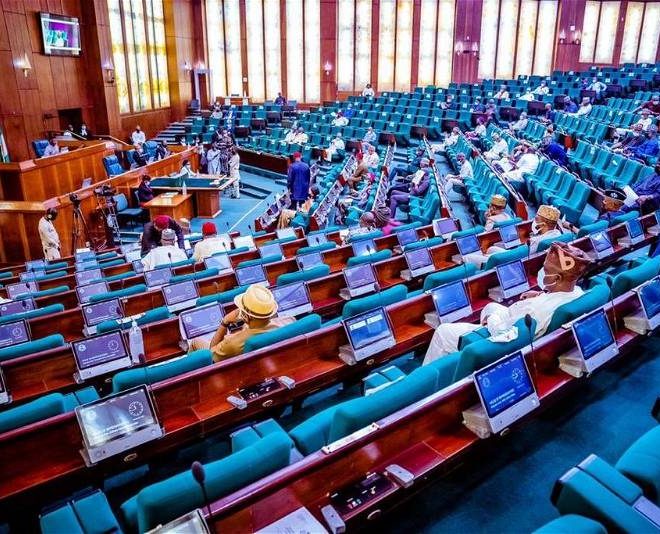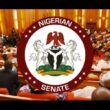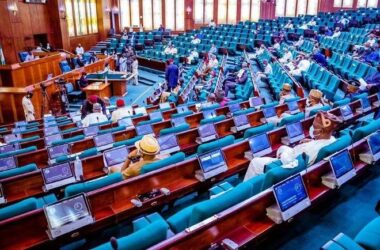Nigeria’s House of Representatives has advanced a bill that seeks to prevent individuals above the age of 60 from contesting for the positions of President and Governor. The bill, which has now passed its second reading, is one of several constitutional amendments being considered by lawmakers.
If the proposed legislation is eventually passed and signed into law, it will disqualify several prominent politicians, including President Bola Tinubu, former Vice President Atiku Abubakar, and Labour Party’s 2023 presidential candidate, Peter Obi, from running in the 2027 elections.
The bill, titled “A Bill for an Act to Alter the Constitution of the Federal Republic of Nigeria, 1999 to Review the Requirements that Qualify a Person to be Elected as President and Vice President of the Federal Republic of Nigeria, Governors and Deputy Governor of a State of the Federal Republic of Nigeria and for Related Matters”, was introduced by Representative Ikenga Ugochinyere from Imo State.
The proposed amendment specifies that any individual contesting for the presidency or a governorship position must not be older than 60 at the time of the election. It also requires that candidates for these offices must have at least a university degree.
During Thursday’s plenary session, the House of Representatives also considered several other bills, including one aimed at establishing the Alvan Ikoku Federal University of Education in Imo State. This bill, also sponsored by Ugochinyere, seeks to grant the institution federal recognition and funding support.
Additionally, lawmakers passed the Reserved Seats for Women in National and State Assemblies Bill, 2025, which aims to enhance female representation in Nigerian politics.
Another significant bill that moved forward is the Inclusion of Youths and Persons with Disabilities in Political Appointments Bill, 2025. This legislation seeks to ensure that young people and individuals with disabilities have a guaranteed place in government positions.
Lawmakers also debated a proposal to move trade and commerce to the concurrent legislative list, which would allow both federal and state governments to regulate commercial activities. Supporters of this bill argue that it could improve economic collaboration between states and the federal government, leading to increased business opportunities.
Judicial reform was another key focus, with the Timelines for Justice Administration Bill, 2025 passing its second reading. Sponsored by Deputy Speaker Benjamin Kalu, this bill aims to improve the efficiency of Nigeria’s legal system by setting deadlines for court proceedings. Another proposal, the Increase in Number of Supreme Court & Court of Appeal Justices Bill, 2025, introduced by Representative Bello Kaoje, seeks to expand the number of judges in these courts to reduce case backlogs.
The House also deliberated on bills proposing the creation of Wan State in the North Central region and Gobir State in the North West region. These bills, if passed, could lead to the restructuring of Nigeria’s state boundaries.










